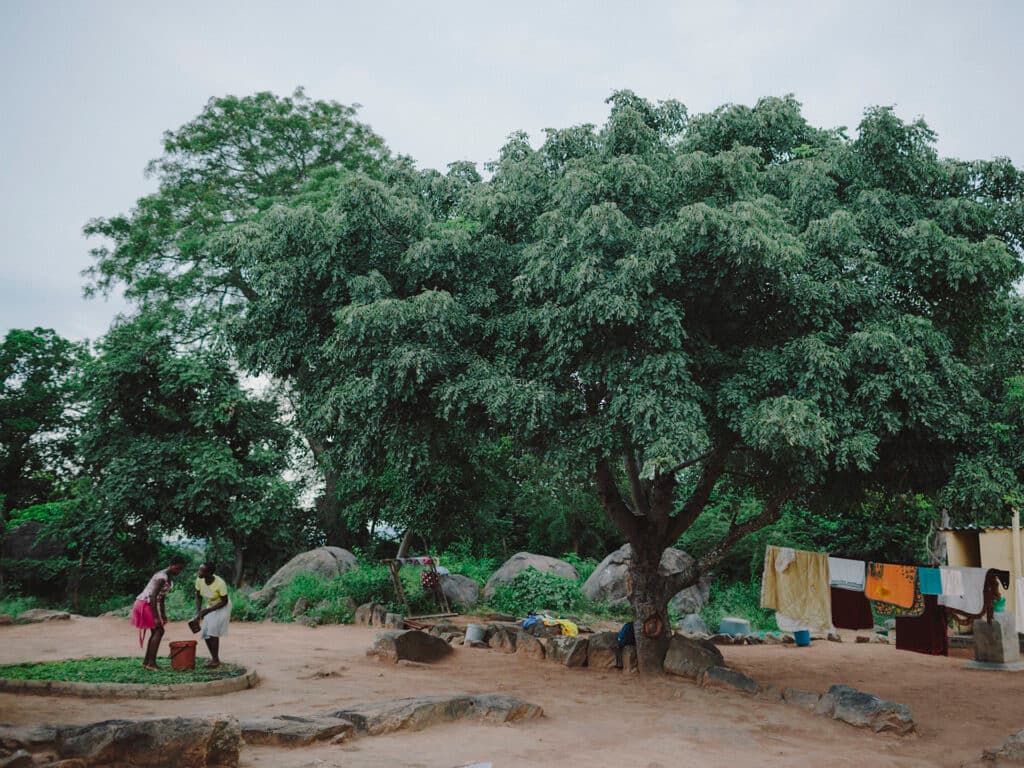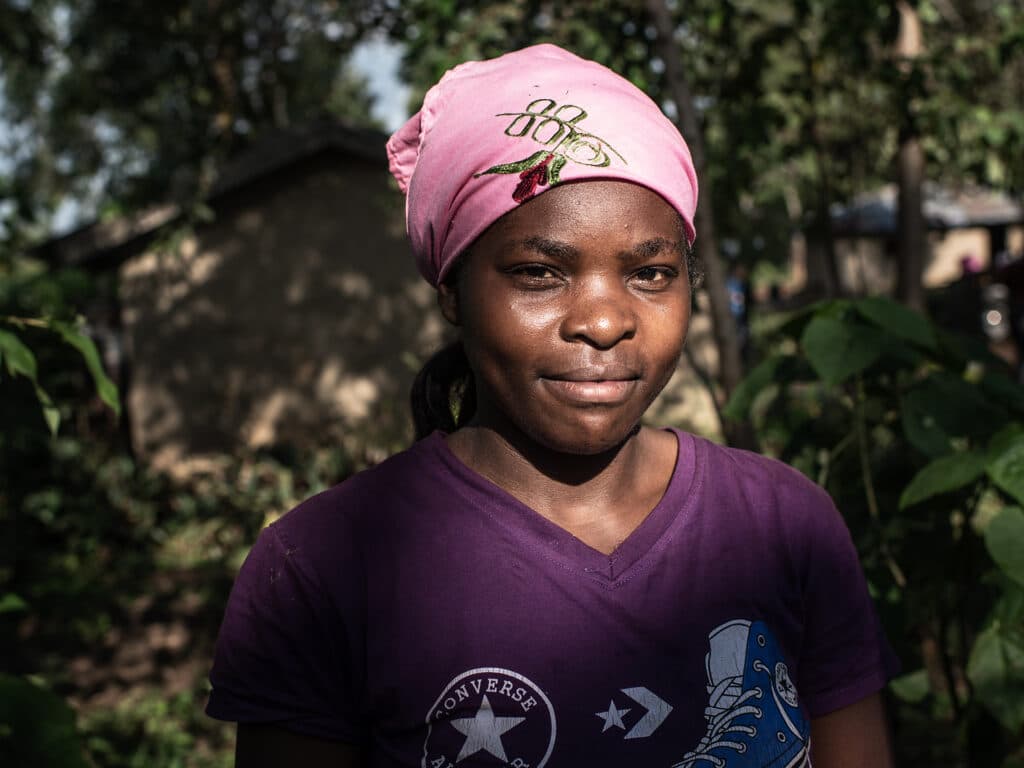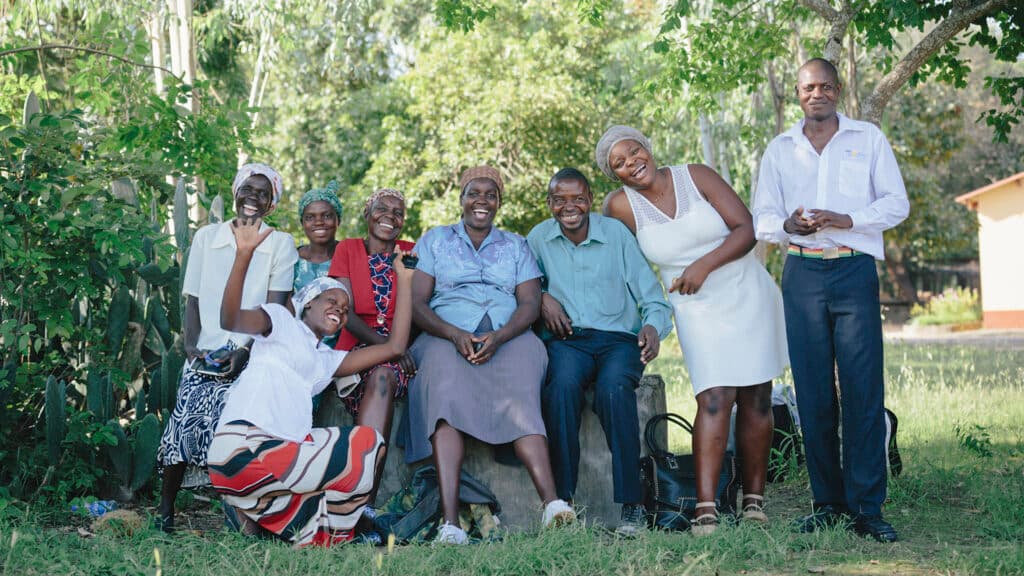
Democratic Republic of the Congo
Human rights, democracy, social and economic justice and disaster reduction.
The Democratic Republic of the Congo (DRC) is one of the richest countries in the world when it comes to valuable natural resources. But despite this fact, its 60 million inhabitants live in great poverty and the DRC is ranked at the bottom of the UNDP Human Development Index. Resources and wealth disappeared from the country during the colonial period and continued to do so under the dictatorship that followed.
Today the battle over, control of and access to natural resources is one of the principal causes of the ongoing conflict in the country. The civil population in the DRC remains very vulnerable. The army and police do not protect them or uphold the rule of law. At the same time, hostilities between different militia groups continue to plague people.
Capacity building of civil society
Diakonia works with partner organizations operating in different parts of the DRC, focusing for example on women’s political participation and economic empowerment of women. Traditionally Congolese women bear the greatest responsibility for supporting the family. At the same time women and children belong to the most marginalized groups in society, and are the ones most exposed to violence. Some of today’s problems, with increased oppression of and violence towards women are a result of a society suffering from militarization.
One of Diakonia’s main focuses in the DRC is to manage capacity building with our partner organizations. The capacity building involves mainstreaming of gender, conflict sensitivity and environment-related issues, strengthening of project planning processes, finance and administration, democratic governance and lobbying techniques.
Diakonia’s work makes a difference
Through Diakonia and our partner organizations’ work, we have increased awareness among the citizens about their rights and the creation of local groups organized around important issues affecting a community. Among our results are also the creation of forums of dialogue between the local population and authorities.
Through legal information and support to victims of human rights abuses, a major progress is the legalization of customary marriage at the birth registration, which enables women and children to be officially recognized and fully benefit from their rights.
A goal for Diakonia’s program on democracy and governance in the DRC has been to initiate forums for popular expression and other forums for dialogue. This has resulted in increased possibilities for populations to hold members of parliament and other authorities accountable at the local level. It has also resulted in an increased demand for, and pressure on, local authorities to respect human rights.
For more information
Mishiki Mamboleo, Country Director DR Congo
E-mail: mishiki.mamboleo@diakonia.se
Phone: + 243 818765785

Farming leads to independence
She was forced to start farming in order to afford to send her son to university. Maman Victorine Nkuamusu is one of the participants in a women’s project financed by Diakonia. Through the project, the women have been able to increase their incomes while also becoming aware of their rights.


